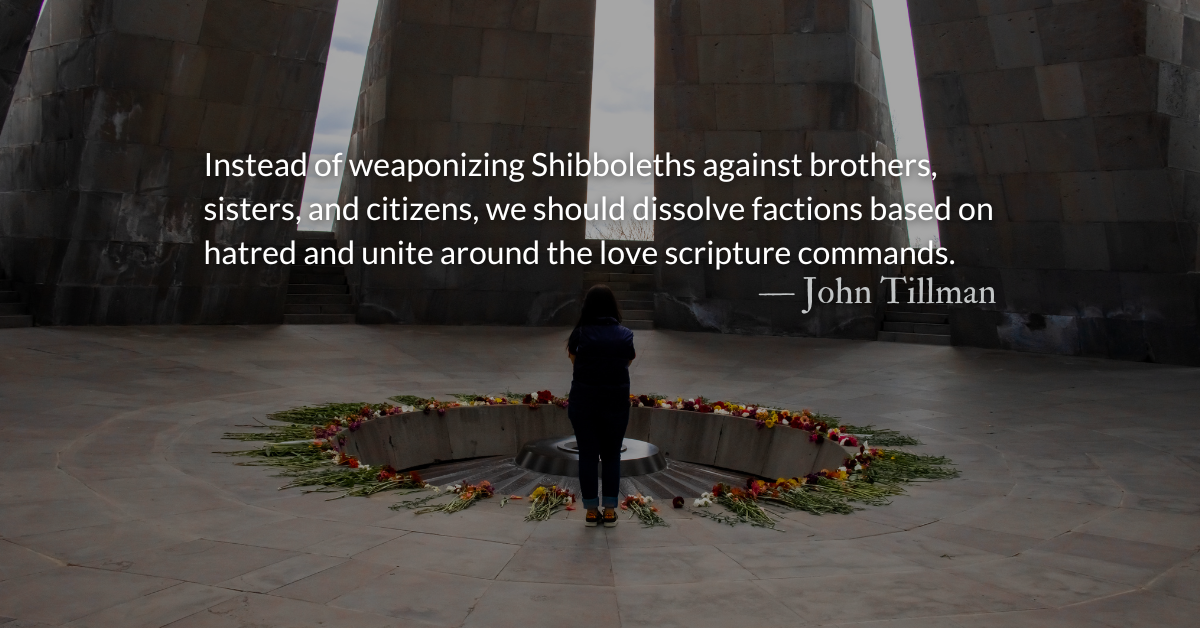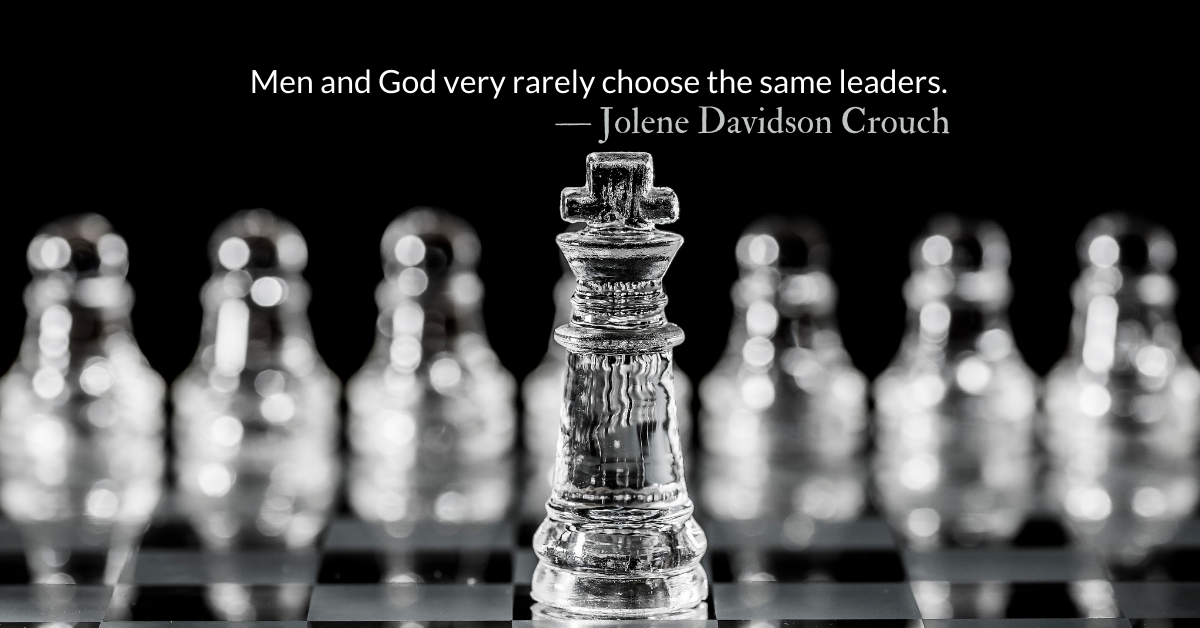Links for today’s readings:
Read: Judges 12 Listen: (2:21) Read: 1 Peter 4 Listen: (2:50)
Scripture Focus: Judges 12.4-6
4 Jephthah then called together the men of Gilead and fought against Ephraim. The Gileadites struck them down because the Ephraimites had said, “You Gileadites are renegades from Ephraim and Manasseh.” 5 The Gileadites captured the fords of the Jordan leading to Ephraim, and whenever a survivor of Ephraim said, “Let me cross over,” the men of Gilead asked him, “Are you an Ephraimite?” If he replied, “No,” 6 they said, “All right, say ‘Shibboleth.’ ” If he said, “Sibboleth,” because he could not pronounce the word correctly, they seized him and killed him at the fords of the Jordan. Forty-two thousand Ephraimites were killed at that time.
Photo Information: Our photo today is of a visitor to the memorial complex for victims of the Armenian Genocide which occured in 1915-1916. It is often called the first genocide of the 20th century and is the event which caused the term to be created.
Reflection: Weaponized Shibboleths
By John Tillman
Ephraim was Manasseh’s closest fellow tribe. They were Joseph’s sons. Jacob had reversed their birth order when he blessed them, placing Ephraim, the younger son, over Manasseh, the first born. (Genesis 48.14-20) It’s possible this old controversy kept some inter-tribal hostility simmering in the background.
After Jephthah’s victory, Ephraim showed up indignant at being left out and threatened Jephthah. A similar conflict happened between Ephraim and Gideon after his victory. Gideon defused Ephraim with diplomacy and self-deprecation. (Judges 8.1-3) Jephthah’s prideful hostility sparked the confrontation, blowing it up into civil war.
Ephraim called Gilead (a sub-clan of Manasseh) “renegades.” Other translations render this, “fugitives” or “survivors.” Jephthah knew the pain of exile and this insult must have stung. Jephthah’s anger wasn’t satisfied with winning the argument or the battle. He became genocidal.
Jephthah, like many judges and biblical leaders, started out a sympathetic underdog, accomplished something beneficial, but then “went wrong” in tragic ways. This civil war between brother tribes shows the depths of darkness, chaos, and violence Jephthah succumbed to.
Jephthah’s forces defeated Ephraim and took control of the border, blocking Ephraim’s only escape. Then they strictly policed the border, using Ephraim’s regional accent to sort friend from foe and continue their genocidal slaughter. From this passage, “Shibboleth” has become a word meaning a group identity marker. Typically shibboleths are used to exclude, and in Jephthah’s case, to kill.
However, markers of identity can be positive. In a famous episode of The West Wing, titled “Shibboleth,” a group of Chinese Christian refugees seek asylum in the United States. President Bartlett must evaluate both the group’s claim to be Christians and their asylum claim, the group’s spokesperson says to him, “Faith is the true…Shibboleth.”
Like Manasseh and Ephraim, we should be brothers. We should not be dividing and conquering our family of faith or our communities. And yet… We have simmering hostility instead of hospitality and factiousness instead of fraternity. We vaunt superiority and denigrate servanthood. We celebrate domination and are suspicious of democratic cooperation. Civil wars begin with factions such as this.
To avoid the dark path of Jephthah, we need gentle answers that turn away wrath and leaders who turn down the temperature of conflicts. Instead of weaponizing Shibboleths against brothers, sisters, and citizens, we should dissolve factions based on hatred and unite around the love scripture commands. (Leviticus 19.18, 34; Deuteronomy 10.19; Matthew 22.35-40; John 13.34-35, 15.12; 1 Corinthians 16.14; 1 Peter 4.8)
Leaders who weaponize Shibboleths should be resisted.
Divine Hours Prayer: A Reading
Jesus taught us, saying: “I give you a new commandment: love one another; you must love one another just as I have loved you. It is by your love for one another that everyone will recognize you as my disciples.” — John 13.34-35
– Divine Hours prayers from The Divine Hours: Prayers for Summer
by Phyllis Tickle
Read more: Marks of Leadership — Selflessness
Tests of leadership are almost always connected to selflessness.
Read more: Abimelek, Caesar, and Jesus
Believers today who feel a religious compunction to political violence are serving an idolatrous, man-made religion, not Jesus.



